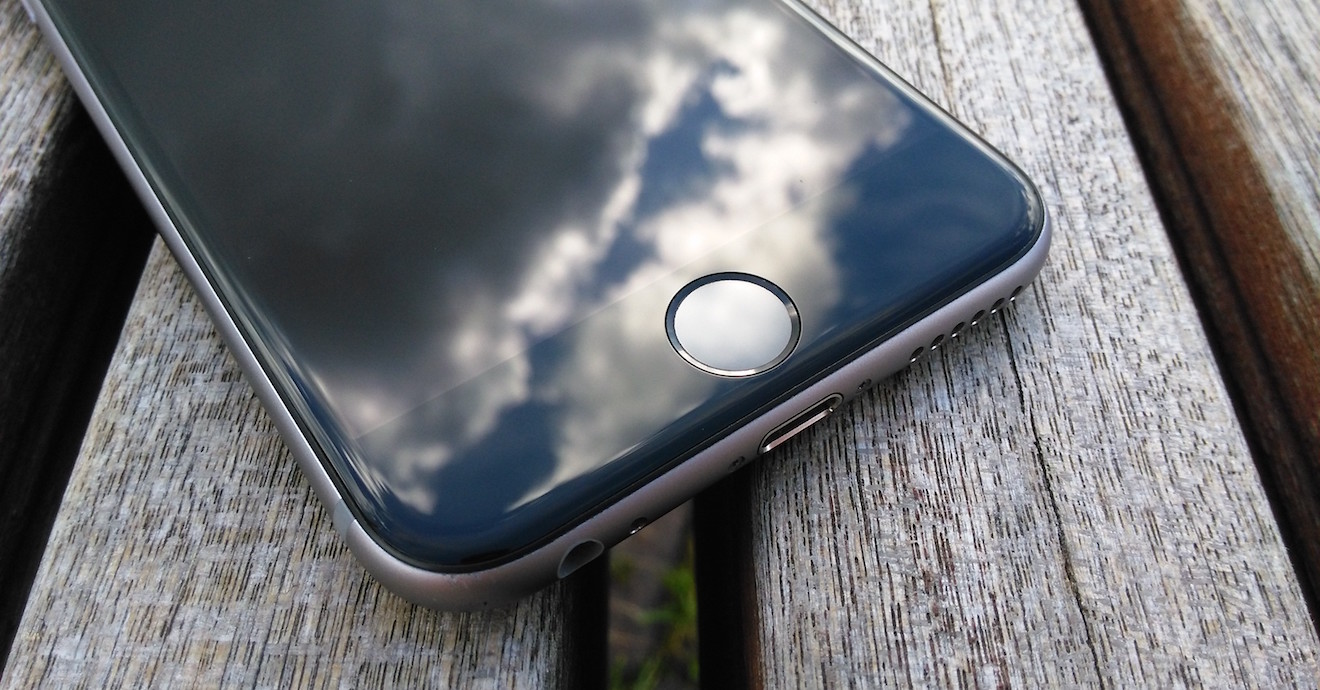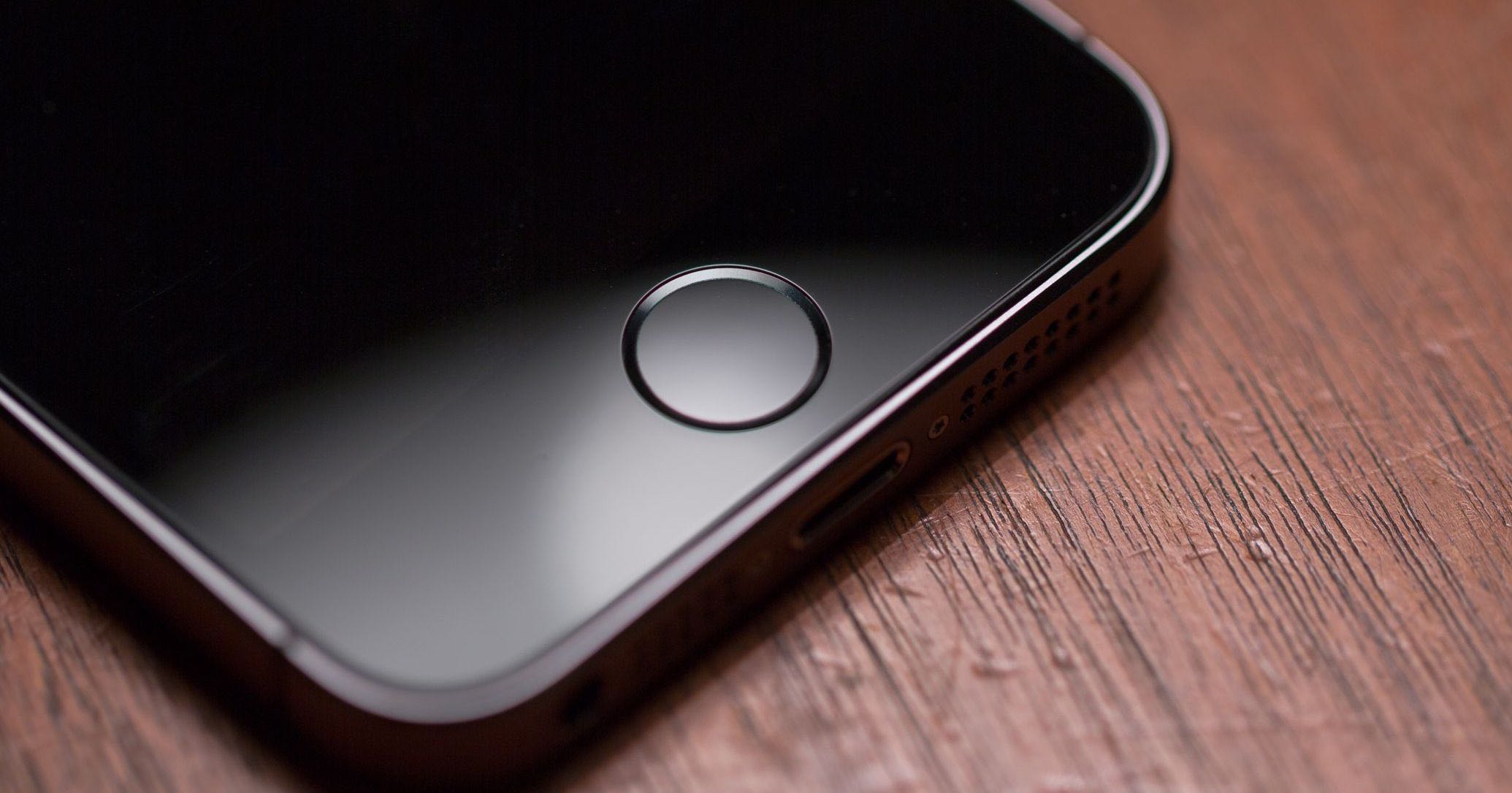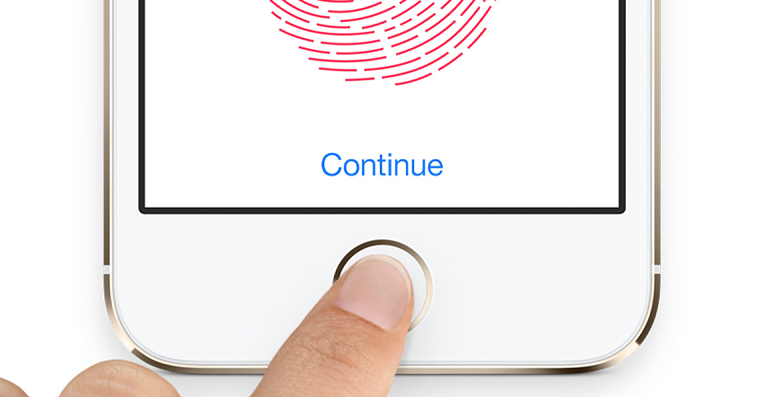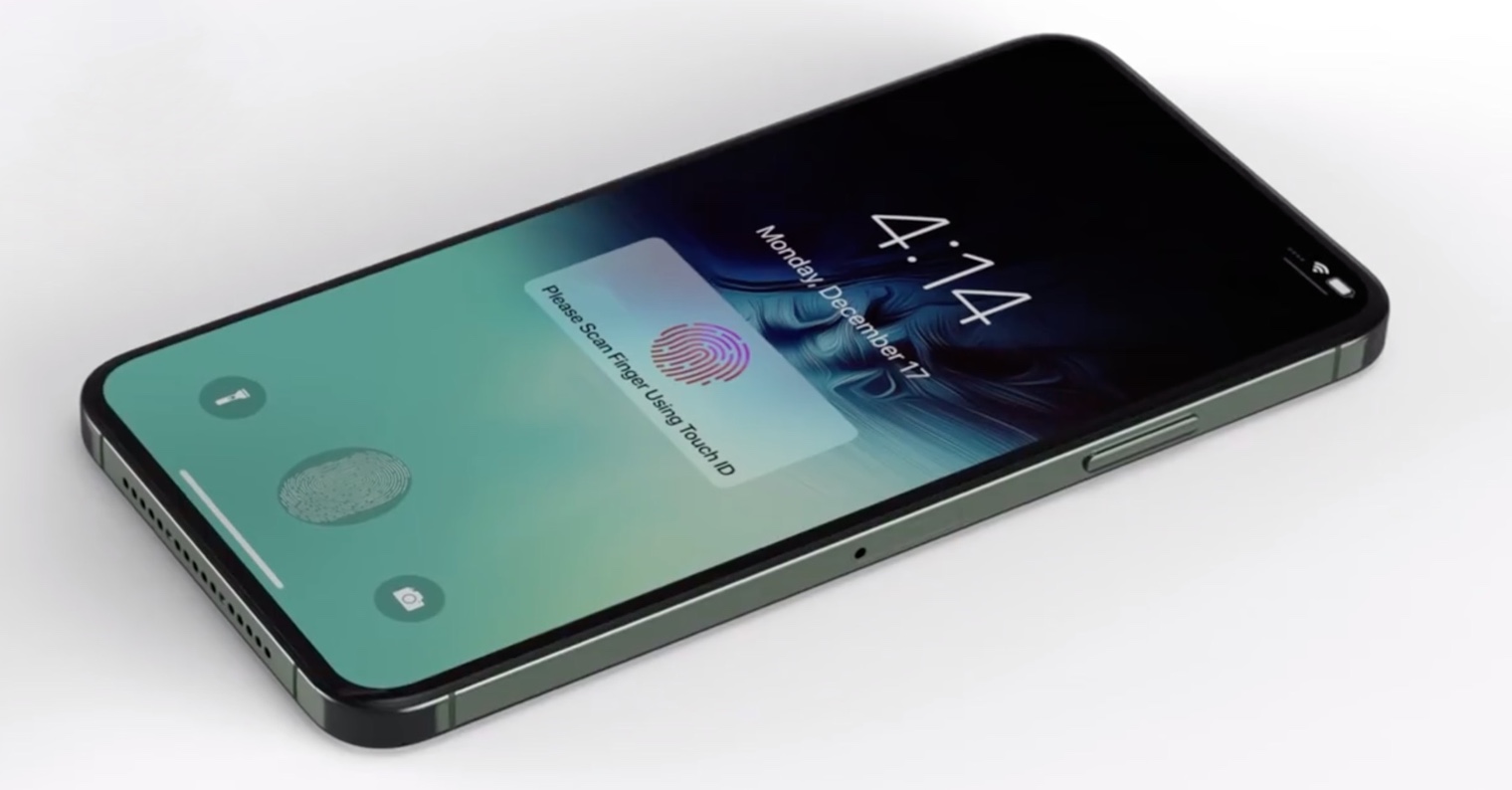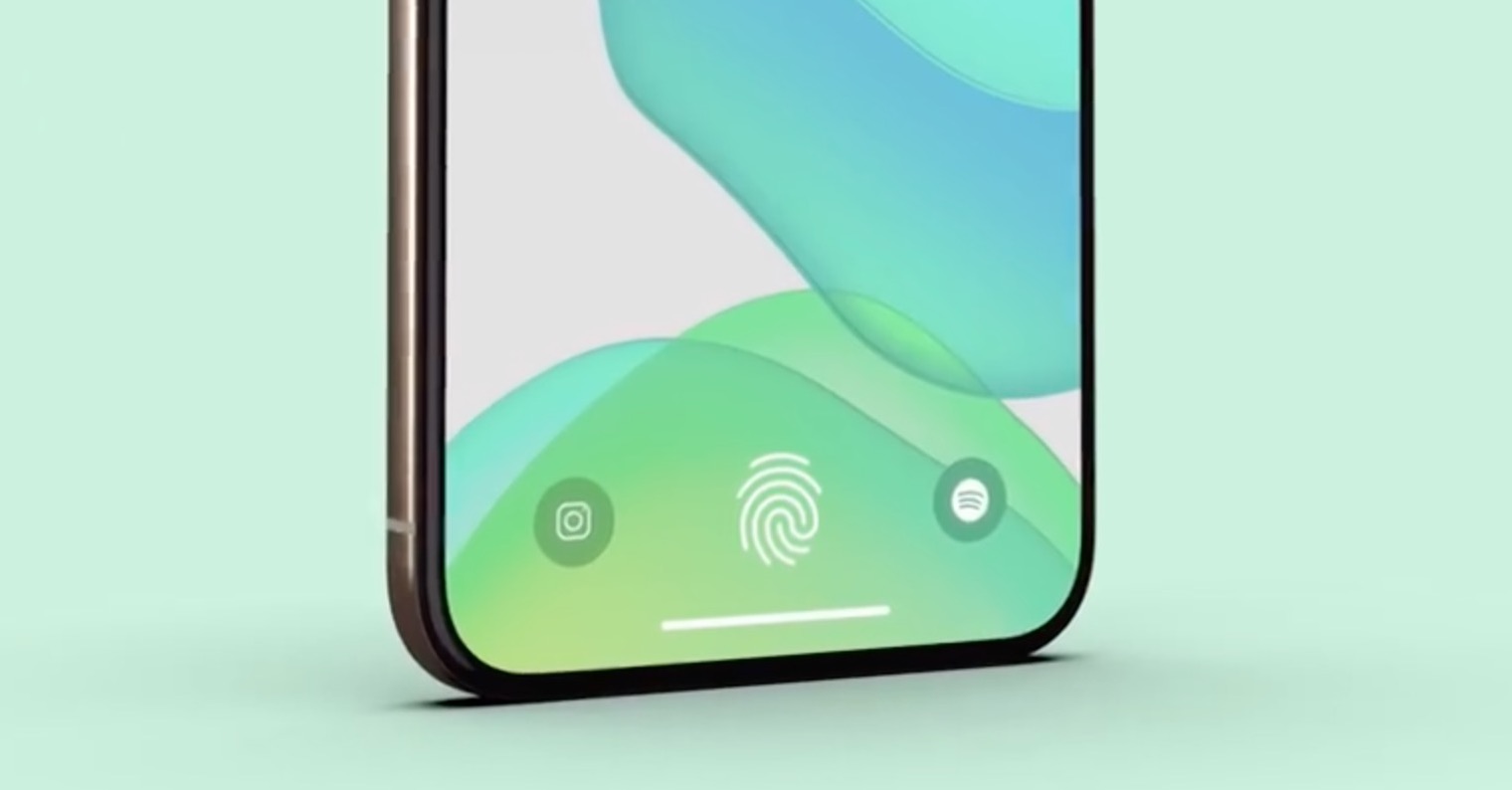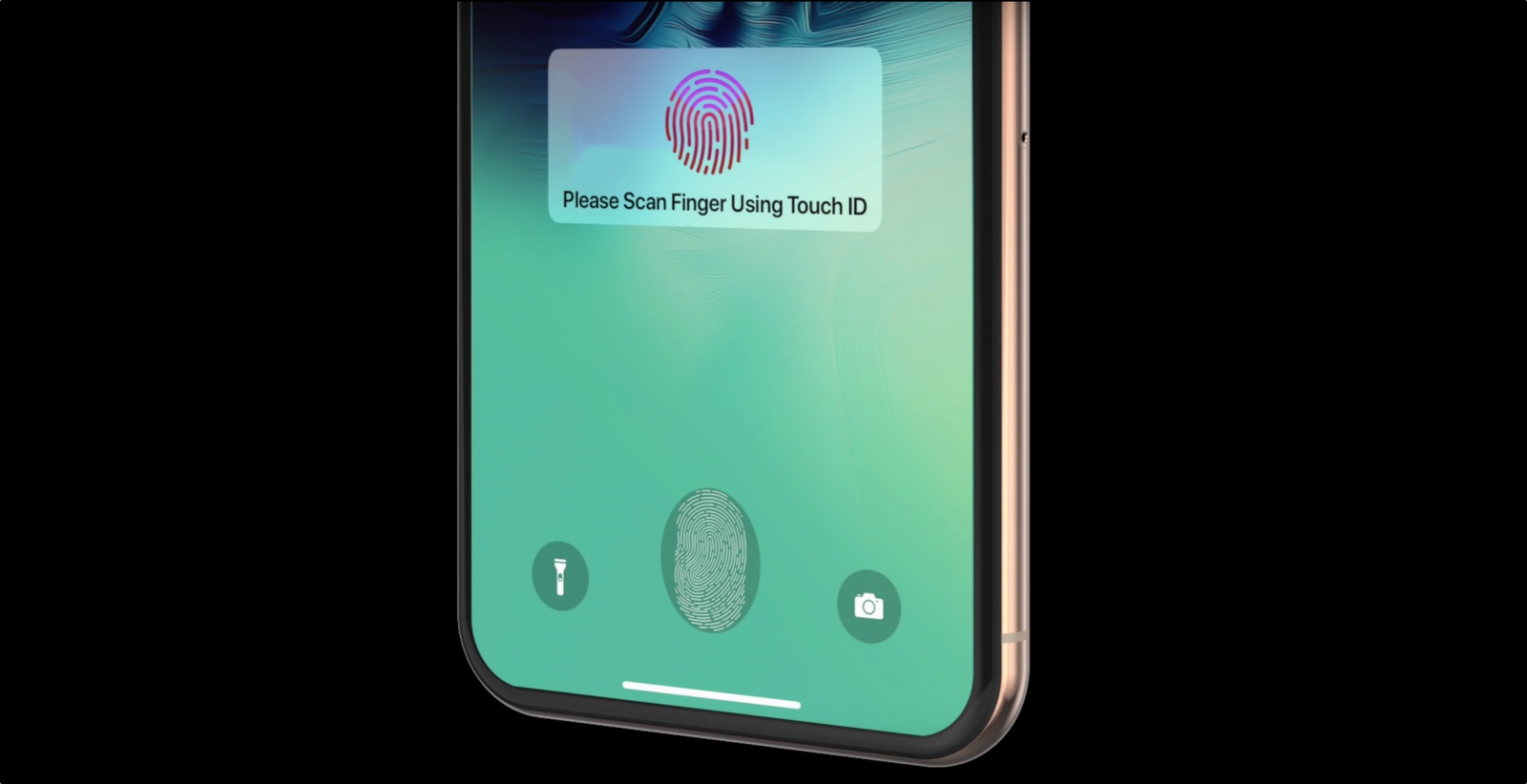Touch ID was introduced with the iPhone 5S and has since been added to all iPhones with a home button. The iPhone X changed the trend in 2017 with its Face ID, and now it certainly doesn't look like we'll ever see fingerprint authentication on iPhones again.
One thing is Touch ID in the button offered by iPads, for example, and another in the display. After all, this authentication method is quite popular with Android phones, which offer sonic and ultrasound technologies for this purpose. Moreover, it works quite well, and there has been quite a lot of speculation that Apple will also provide this user authentication method in its iPhones.
It would be nice for users because they would have a choice. There are still those who have a problem with the face scan mainly because of the glasses they use, on the other hand, reading the print is also often problematic, especially in the case of dirty/greasy/wet fingers. However, if you were looking forward to the return of Touch ID on iPhones, you will be disappointed
According to current leaks information because all manufacturers working on chips for Touch ID had to shut down their lines. Although the patents revealed that Apple is indeed working on an under-display fingerprint reader, it is not currently a priority for him. However, it is quite possible that he is just not satisfied with the result, so he put it on ice as a whole. As for mechanical Touch ID on iPads, it looks like we'll be seeing it here for a while until Face ID gets cheaper enough to be present across the entire tablet line. Then there is the classic Touch ID in MacBooks and Magic Keyboards. This is primarily about sub-display technology.
It could be interest you
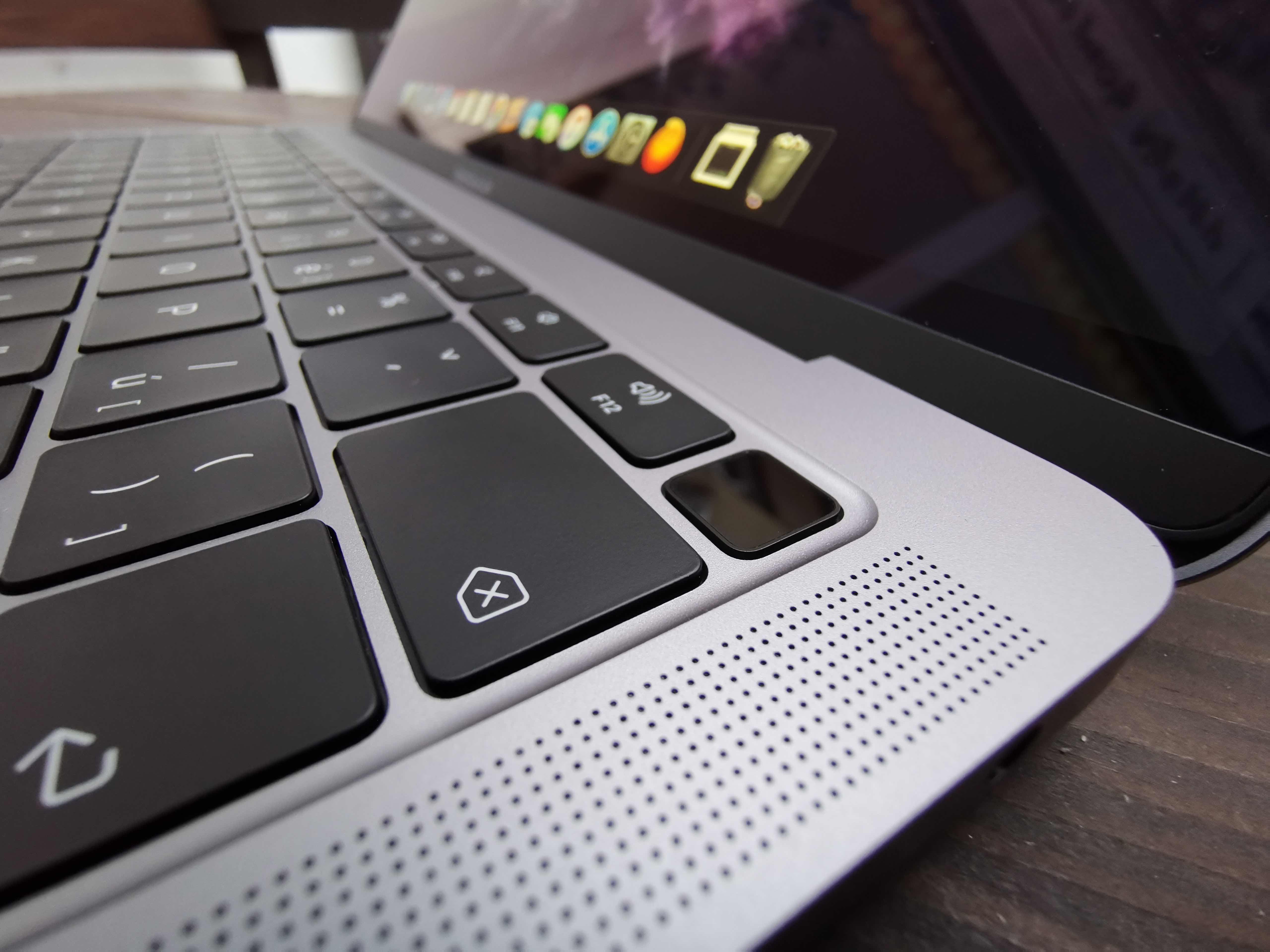
The future is in Optic ID
When Apple introduced the Vision Pro at WWDC23, it also mentioned its biometric authentication through Optic ID. In it, the system analyzes the iris of the eye and recognizes the user accordingly. It's kind of like Face ID, except it doesn't rely on your face. And it's without user intervention, just like Face ID. And that seems to be a clear trend. Apple wants its device to recognize us without us having to do anything. Both Face ID and Optic ID do just that, and it's only a matter of time before Touch ID is definitively removed from all products, rather than as a supplement or alternative. The future is rather obvious, namely in Optic ID, which will surely reach iPhones in time.
